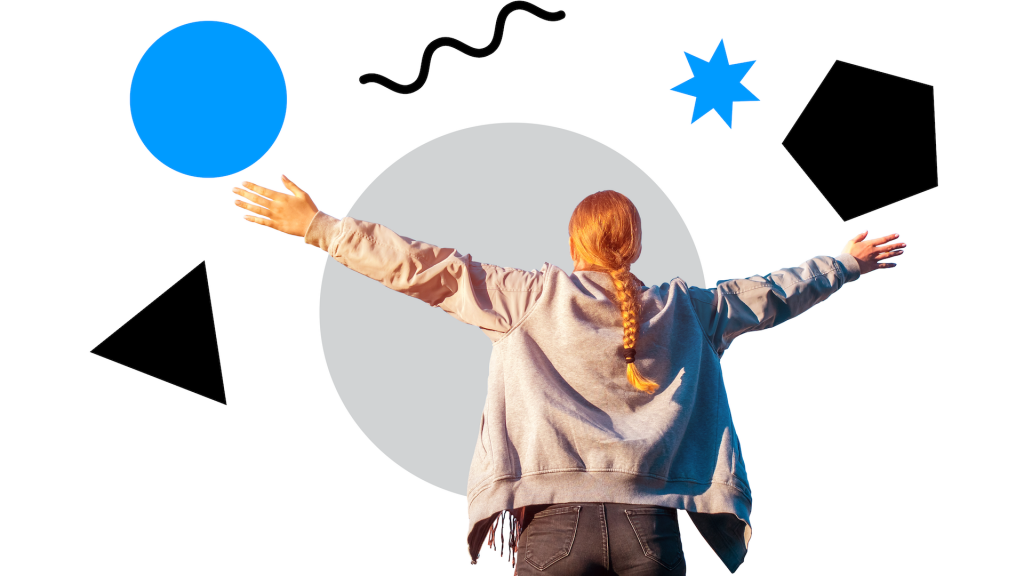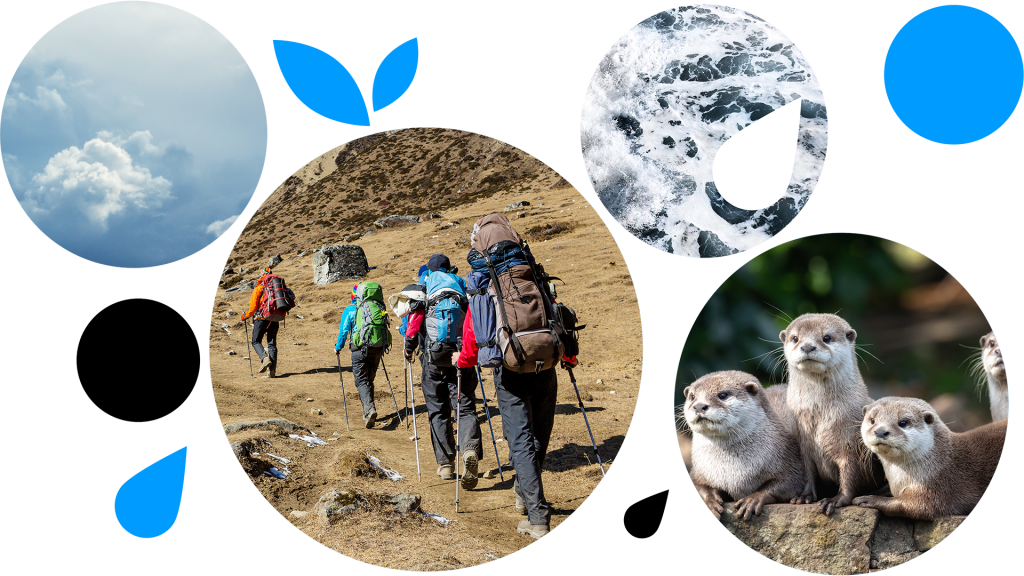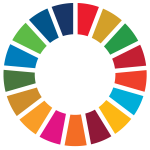Esta web utiliza cookies para que podamos ofrecerte la mejor experiencia de usuario posible. La información de las cookies se almacena en tu navegador y realiza funciones tales como reconocerte cuando vuelves a nuestra web o ayudar a nuestro equipo a comprender qué secciones de la web encuentras más interesantes y útiles.
Sustainability course – developing an open interdisciplinary sustainability course to all students
Description
Institution
University of Helsinki

Organizations/areas of the university involved
Students and staff members from 11 Faculties of University of Helsinki (Faculty of Agriculture and Forestry, Faculty of Arts, Faculty of Biological and Environmental Sciences, Faculty of Educational Sciences, Faculty of Law, Faculty of Medicine, Faculty of Pharmacy, Faculty of Science, Faculty of Social Sciences, Faculty of Theology, Faculty of Veterinary Medicine), Swedish School of Social Sciences, Helsinki Sustainability Science Institute (HELSUS), The Centre for University Teaching and Learning (HYPE), Communications and Community Relations of the University of Helsinki, Management of University of Helsinki, Student Union of the University of Helsinki, University Services and Digital Teaching and Continuous Learning Services of the University of Helsinki (DOJO).
Country
Finland
Sustainability course is an interdisciplinary online course for all undergraduate students. It utilizes engaging learning methods to empower students to gain expertise in understanding and solving complex sustainability challenges.
Sustainability course is a 3 ECTS interdisciplinary MOOC that deals with sustainability from the perspective of several different fields of sciences. It targets undergraduates from all degree programs.
The main purpose of the course is to empower students to gain expertise in understanding complex sustainability challenges, and gain key competencies, such as strategic action, futures thinking and critical thinking for solving them. Students enrolled in the course learn: 1) about the complexity and multidisciplinarity of sustainability issues and the ethical and philosophical dimensions of sustainability, 2) to consider their roles as experts, actors and members of society in solving sustainability issues and becoming agents of change, 3) to discuss sustainability-related questions in an empathetic and constructive manner, 4) to understand the changes, and the related processes, phenomena and potential solutions to sustainability challenges.The course also aims to developed students’ cross-cutting skills and competencies, for example,
The idea for the course came from an active member of the university community. Core contents and learning objectives were developed in interdisciplinary workshops and further developed in multidisciplinary groups. These groups included staff members as well as students from all faculties. A total of 160 members of the University community contributed to its development: researchers and teachers from a range of fields, as well as over 30 students. The course has received strong support from the university management, including the rector. The course is developed through several pilots, which gives students an opportunity to actively participate in the course development.
In the future, the goal is to design additional field-specific courses to enable students to gain deeper profession-specific knowledge and skills regarding sustainability, as well as to integrate it to the curricula of different faculties. The course is developed to become a training material for all staff members. In the future, the course will open as a MOOC to students and participants in non-degree programs, partners in collaborative university projects, and for anyone interested. Future collaboration for offering the course through UNA Europe is discussed.
Results and impact measured or expected
The first pilot was open for 100 students from the University of Helsinki. The final version will reach 4,000 undergraduate students annually. The course has had an impact on students’ knowledge on sustainability and enhanced their competencies in responding to sustainability challenges. At the university level the course has built the capacities of the university community to support the university’s strategic goals in responsibility and sustainability. The impact has been measured through student feedback and focus group interviews.
The success of the initiative rests on a combination of bottom-up and top-down approaches. The planning of the course relied on research-based development, as it was based on responses from a student survey. The content was developed collaboratively in multidisciplinary working groups that received support from a coordination team. Anyone interested could contribute, which meant that everyone was highly motivated. Critical for success was also the strong support from the university management.
Connection with the SDG framework
The course is aimed at providing solutions for sustainability transformation. It aims to equip students with tools and knowledge to serve as forces of change. Inspiration for the course content was provided by the SDGs and the interdisciplinary framework established in the 2019 UN Global Sustainable Development Report. After a common introductory component, each student focuses on a theme of their choosing. Choices include global environmental commons, sustainable food systems, energy decarbonization, and others.
The course supports the transformative learning approaches of Education for the SDGs. It supports active learning through engaging students in a multi-disciplinary project work, where they collaborate with students from different fields. Through case studies of engaging experts from organizations and companies that provide students with real life problems, this course is aligned with multi-actor involvement. All the content for it are developed through interdisciplinary collaboration to enable students to get a systems-view of the issues.
Barriers and follow up
The primary barrier of an online course is to ensure student engagement. During the pilot phase, the impacts of prolonged COVID-19 pandemic, and its effects on students’ wellbeing, added an extra layer of challenge. To overcome this issue, special focus was placed on making the course content interactive and visually engaging. This included interactive assignments, graphics, and videos. The course coordinators also had regular meetings with the students to bring face-to-face online interaction to the course. To encourage student-to-student interaction many of the assignments were collaborative, including the group project work. To ensure that the course supported students’ wellbeing flexible arrangements for completing assignments were developed. Some challenges also arose in developing the course content online, as working groups were not able to meet face-to-face due to the pandemic. Then again, this enabled researchers who were abroad to also participate actively in remotely held workshops.
Transferability of the initiative
The course is web-based, which includes the opportunity to complete it as an open MOOC in the future. It is developed to be scalable to the larger public and all its assignments support this. The course material is accessible, which supports inclusive learning opportunities for anyone interested to learn about sustainability issues.
The course is currently provided mainly in English, but separate language versions in Finnish, Swedish and English are developed. Different language versions will help the scalability and transferability of the initiative to other contexts.
The course has been developed together with experts from different fields and geographical locations. Therefore, the content is developed to be suitable to use in other geographical locations and in other higher education institutions. Currently, there are negotiations for scaling up the course to other UNA Europe universities.
Education 4 SDG funciona gracias a WordPress


